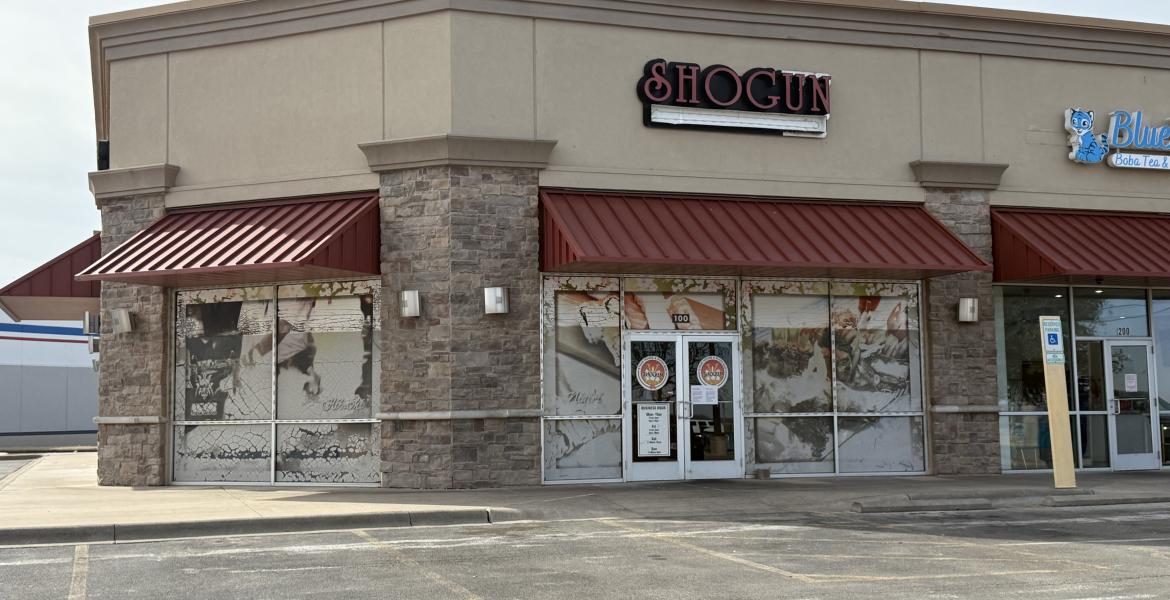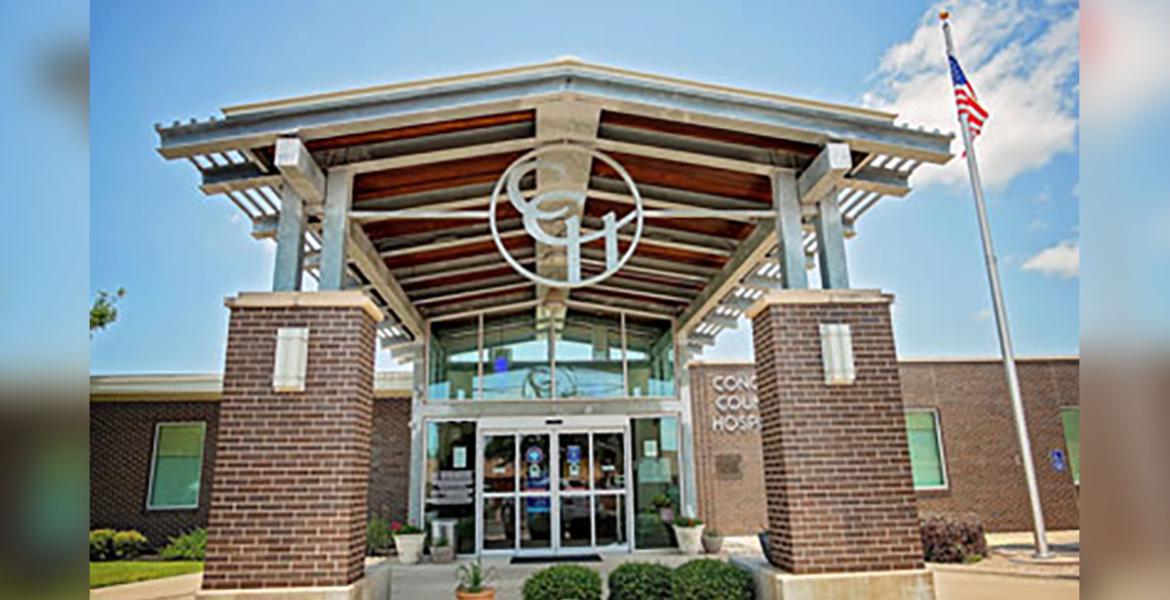SAN ANGELO, TX — It’s been a long road traveled for Angelo State University basketball star Mike Kotze who was recruited to come play for Angelo State in the late 1990s from his native South Africa. He played ball there under the famed ASU basketball coach Ed Messbarger.
After graduation, Kotze worked for a while for DeCoty Coffee. By the mid-2000s, however, he found his niche in the global telecommunications industry, working as an acquisition sales representative for MCI, and later Verizon Business, in their west Texas offices in San Angelo.
Kotze witnessed the consolidation of big telecom as MCI/WorldCom went through bankruptcy, to be propped up by the bankruptcy court as a stand-alone entity because the WorldCom data network, the original global UUNet Internet backbone, was also the Internet backbone and the primary vendor for the U.S. Department of Defense.
Eventually, MCI was sold to Verizon who kept MCI as a separate entity that they branded Verizon Business.
As big telecom consolidated, Kotze grew frustrated because the large companies were not properly servicing their customers, and he was denied the tools to do so. Eventually, the west Texas Verizon Business office was closed, but by that time, Kotze had transferred to San Antonio where he upgraded the size of the companies he was servicing.
Telecom for large companies, what is called the enterprise, involves leveraging newer technology to increase client productivity and lower overall cost of ownership. The best example of this is the revolution in voice telecom. The old copper wire networks would require a large company to purchase multiple, separate phone lines, usually provisioned on a T-1 trunk, 23 lines, or channels, at a time. A “channelized” T-1 was inefficient and expensive, and had to be connected to an expensive PBX, or “Private Branch Exchange” phone system to deliver the individual phone lines throughout the client’s facilities.
Then Voice Over IP, or VOIP, arrived. With VOIP, voice calls are handled over a data network, or the Internet. The number of VOIP phone lines that could be provisioned over a data T-1 line were unlimited, its ceiling determined by how much bandwidth the data line had available.
For the monthly recurring cost of a copper phone line network, a company could upgrade to VOIP and save a fortune. For a while, that savings was generally used to sell and provision for clients a modern, though expensive, VOIP phone system. That was equipment the client had to purchase, or lease.
Today, the cost of provisioning VOIP is so low, and the quality of service from a variety of service providers is so good, that a company can provision its own phones without purchasing a $20,000 phone system. For many companies today, the PBX, or phone system, is shared on a server located somewhere else other than the client’s premises and it is connected to the Internet. This is what is called the “cloud.” Companies today can rent space on a cloud-based PBX system instead of purchasing the expensive equipment.
At the end of the last decade, Kotze left Verizon to work for San Angelo-based VGI Technologies. The primary business of VGI at the time was helping companies navigate the Big Telecom world. Kotze helped companies all over Texas and the nation transfer from old phone systems to VOIP, and sold enterprise data pipes. VGI made its money off commissions from big telecom companies. When VGI was sold to Housley Communications, Kotze left and made his first attempt at starting his own solutions provider company. He called it Silverline.
Just as he was gaining momentum with Silverline in 2012, Verizon Business called, and made him an offer he could not refuse, if he moved to San Antonio and worked out of their offices there.
It was during his second stint at Verizon that Kotze met who is his partner today, Greg Lebahn, from San Antonio.
Like Kotze, Lebahn saw the opportunity in being able to more properly service his clients if he wasn’t limited to just Verizon’s suite of products. The two formed Sendero Cloud together during their first year together back at Verizon. Sendero acquired relationships with about 80 separate solutions providers, from big telecom companies, to equipment and software vendors and Service as a Software (SaaS) providers. Their primary revenue source is generating commissions for sales made for their partners.
For their customers, the advantage is having a single point-of-contact for solving their communications challenges, as well as consolidated billing. Sendero Cloud says it will likely save money for their clients.
The young company has landed many signature clients, including brands you may have heard of, like Dave and Buster’s. Locally, Kotze said Sendero Cloud has Western Shamrock as a client. The San Angelo-based loan servicing company has about 300 locations far-flung all over the region, and all of them need to be connected via a private network, Internet, and voice services.
Sendero Cloud’s sweet spot is servicing companies that have multiple locations who need voice, Internet and may also need to provision a private network. Kotze mused over how the multi-location private networks have transitioned from the old naked T-1s, called “private lines,” to “Multi-Protocol Layered Switching,” or MPLS, to today’s SD-WAN, or “Software-Defined Wide Area Networks.”
Kotze still resides in San Antonio, where he and his wife he met in San Angelo, Kyla, are raising their children. He still calls San Angelo his hometown.
Yesterday, Sendero Cloud opened a San Angelo office. Former VGI and Tel-Pro Communications sales executive Todd Smith will head the San Angelo office.
“There are a whole bunch of old phone systems in west Texas and we think there’s opportunity in helping companies move from them to more modern and efficient cloud-based VOIP networks,” said Smith. Smith also noted that Sendero has momentum with oil field servicing companies and San Angelo is the perfect location to go get that business.
San Antonio-based Sendero Cloud has 18 employees. Most of them are client-servicing representatives assigned to specific accounts. They are located all over the multi-state region in the southern U.S.
You can contact Sendero Cloud on their website, or through their branded toll free phone line, 833-SENDERO.
Subscribe to the LIVE! Daily
Required






Post a comment to this article here: